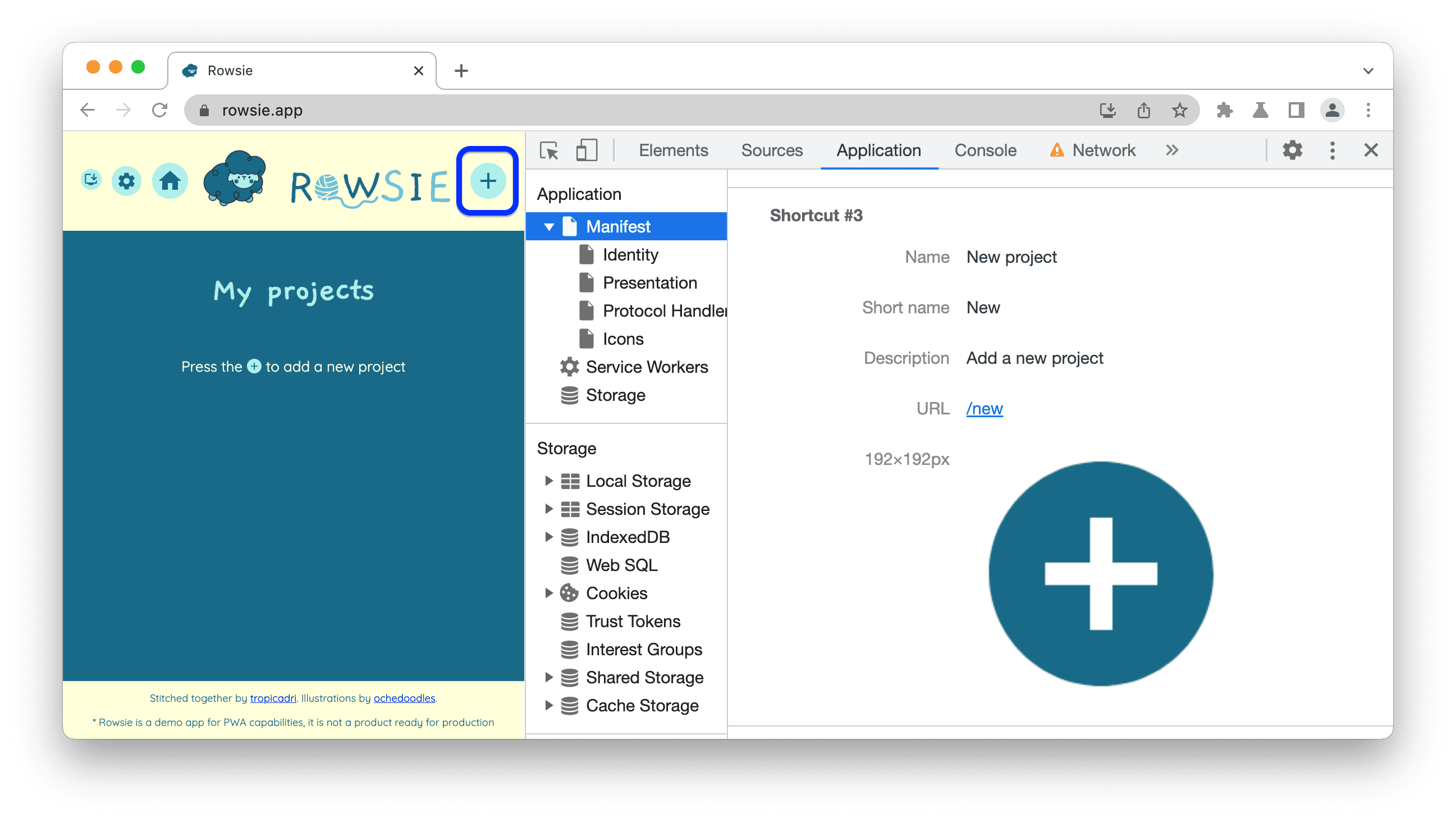Shop At Haya: Your Ultimate Shopping Guide
Discover the best shopping tips, trends, and deals for a smarter buying experience.
Progressive Web Apps: The Future of Browsing Just Got a Makeover
Discover how Progressive Web Apps are revolutionizing your browsing experience with cutting-edge features and seamless performance!
What Are Progressive Web Apps and How Do They Revolutionize Browsing?
Progressive Web Apps (PWAs) are a new breed of web applications that combine the best features of both web and mobile apps. Built using standard web technologies like HTML, CSS, and JavaScript, PWAs provide users with a seamless experience that is fast, reliable, and engaging. They can be accessed directly through a web browser without the need for installation from an app store, enabling instant access to content. Key features of PWAs include offline capabilities, push notifications, and the ability to be added to the home screen of a device, much like native apps. This innovative approach not only enhances user engagement but also significantly improves performance and accessibility.
The way Progressive Web Apps revolutionize browsing is multifaceted. By employing service workers, PWAs can cache resources and serve them even when users are offline, leading to a smoother and uninterrupted experience. They are designed to provide fast loading times, ensuring that content is delivered promptly—essential for retaining visitor attention in today’s fast-paced digital world. Furthermore, PWAs are highly responsive, adapting to various screen sizes and orientations, which enhances usability across devices. As businesses increasingly adopt PWAs, they find themselves tapping into new audiences while providing a native-like experience without the constraints of traditional app development.

Top 5 Benefits of Progressive Web Apps for Users and Businesses
Progressive Web Apps (PWAs) bring a multitude of advantages for both users and businesses alike. One of the primary benefits is improved performance. PWAs are designed to load quickly, even on slow networks, by utilizing caching techniques. This enhances user experience by reducing wait times, and studies show that faster loading times lead to increased user engagement and retention. Moreover, PWAs are accessible across multiple devices and platforms, allowing users to enjoy a seamless experience whether they're on a smartphone, tablet, or desktop.
Another significant advantage of PWAs is their offline capability. With service workers, users can access certain features of a PWA even when they are not connected to the internet. This is particularly beneficial for businesses aimed at reaching users in areas with poor connectivity. Furthermore, PWA installations can happen directly via browsers without the need for an app store, streamlining the process for users and providing businesses with a cost-effective solution to deploy apps without the complexities of traditional app development. Overall, the adoption of PWAs can enhance user satisfaction and drive business growth.
How Progressive Web Apps Combine the Best of Web and Mobile Experiences
Progressive Web Apps (PWAs) have emerged as a revolutionary solution that seamlessly unites the strengths of both web and mobile experiences. By leveraging modern web capabilities, PWAs offer users a fast, reliable, and engaging experience that rivals traditional mobile applications. Unlike regular websites, PWAs function effectively even in uncertain network conditions, providing a more resilient user experience. This is largely possible due to their ability to cache essential resources, allowing users to access content offline or on poor connections, ensuring that they are never left in the lurch.
Moreover, PWAs support features that enhance user engagement and retention, such as push notifications and home screen installation options. When users add a PWA to their home screen, it replicates the feel of a native app, complete with app-like navigation and user interface. As a result, businesses can significantly improve their connection with users, as PWAs not only increase accessibility but also reduce the barriers often associated with downloading separate mobile apps. This convergence of functionality makes PWAs a compelling choice for developers aiming to deliver a superior browsing experience across all devices.